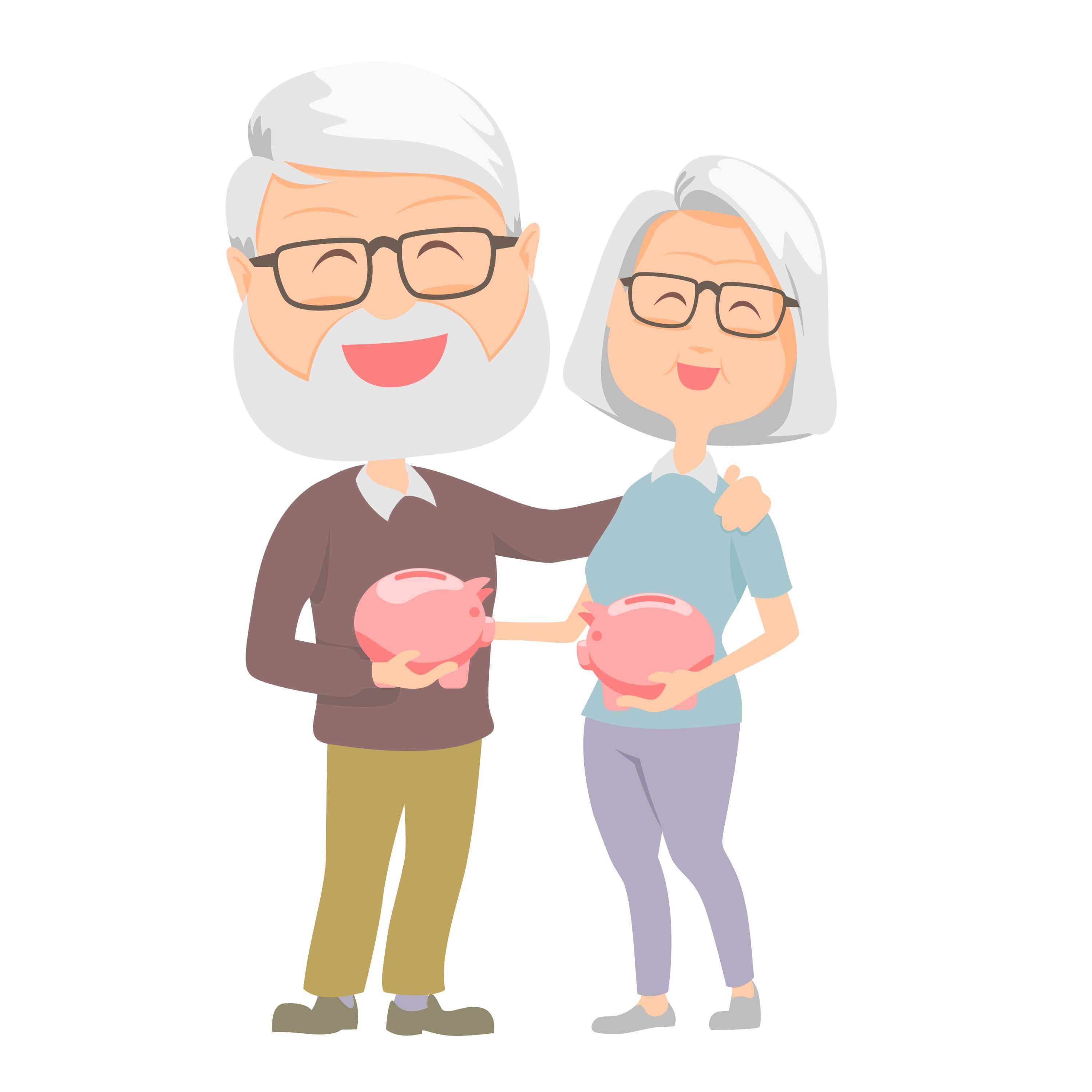An Expert’s Guide To Finding Confidence In Dating

If you scroll social media for more than a few minutes, you’ll likely be bombarded with countless videos confidently offering conflicting dating advice. And if you keep scrolling, it’s only a matter of time before you hear some discouraging storytime about a failed relationship or first date disaster.
From our bitter single friends to our unhappy married relatives, these disheartening love anecdotes find their way into our personal lives, too. With all the negativity around us, it’s no wonder many of us feel burnt out by the dating scene.
“Why bother?” is a common question I hear from many of my incredible, loving, and successful friends who just can’t seem to find a quality connection.
To better understand what, exactly, is going wrong in today’s dating scene—and how someone can address the issue on an individual level—I spoke with dating coach Sabrina Zohar, who has over 1.1 million followers on TikTok, about this topic.
Zohar is known for her “no bullshit” approach to dating, empowering her followers to show up as the strongest, most confident versions of themselves.
When I asked her how we can shift our dating perspective from bitter to hopeful, she pointed out that it’s the stories we tell ourselves, rather than the experiences themselves, that often hold us back from finding authentic, fulfilling relationships.
“If dating has felt like one disappointment after another, it makes sense that you’d start to feel bitter,” she told VICE in an email interview. “But bitterness doesn’t come from dating itself—it comes from how we interpret our experiences.”
To help address our unhelpful narratives, Zohar outlined four questions to ask yourself when you’re hitting a roadblock in your dating life.
1. “Are my expectations realistic?”
It’s important to have standards for yourself and a potential partner when dating. Values like empathy, kindness, loyalty, and consideration are paramount to a healthy relationship.
But countless times, I’ve heard people say: “He’s perfect in every single way, but…he’s just too short.” Or, on the other hand, “She understands me better than anyone, but…she’s not into the same hobbies as I am.”
We often get caught up in superficial qualities or unrealistic expectations, requiring our partners to check every single box without fail. And I’m not saying you can’t have it all…but are you valuing what’s truly important?
“Hope isn’t about expecting perfection—it’s about believing in love while still keeping your feet on the ground,” Zohar said.
2. “Am I taking everything personally?”
I get it: it can feel discouraging when you go on date after date, feeling no sort of chemistry. On the other hand, it’s just as difficult to finally build a happy relationship with someone else, only to be broken up with just when you are feeling hopeful. It’s hard not to think you’re the problem when everyone but you seems to be getting what you want.
However, playing the victim in your dating life (which we all do from time to time!) will only attract similar situations.
“When someone ghosts or loses interest, does your brain immediately jump to ‘I wasn’t enough?’” Zohar asked. “Not every rejection is about you—sometimes, it’s just about misalignment. People are allowed to walk away. And you’re allowed to not internalize it.”
3. “Am I putting too much weight on early connections?”
I like to view first dates as a chance to get to know someone as a friend. Of course, if the romantic connection is there, that’s great. But in some of the best relationships, that “spark” builds over time.
“If every first or second date feels like ‘this could be the one,’ you’re setting yourself up for disappointment,” Zohar explained. “Dating is about discovery, not attachment.”
Not to mention, having high expectations of your connection with another person before even getting to know them will likely sabotage any chance of actually building something genuine. How can you get to know someone for who they truly are if you’re already projecting false realities onto them?
As Zohar recommends: “Instead of asking ‘Are they my person?’ after one good conversation, try asking ‘Do I even like them enough to see them again?’”
4. “Am I using rejection as proof that love isn’t meant for me?”
When you’re consistently let down, you might default to telling yourself you’re “just not meant for love.”
According to Zohar, this is a coping mechanism meant to protect you from experiencing more pain. “If you can let yourself down first, no one else can hurt you,” she said.
However, this is not conducive to actually finding what you truly desire: authentic, loving connections.
“Shifting your mindset doesn’t mean ignoring disappointment—it means seeing your experiences for what they are: lessons, not life sentences,” Zohar told VICE. “If you want to move forward, the first step is recognizing that your past isn’t proof of your future.”
I know what you’re thinking (because I’ve been in this headspace, too): After being cheated on, emotionally abused, lied to, ghosted, rejected, used, etc., how can I possibly trust someone new? How can I possibly shed this resentment and believe there’s someone out there for me?
Unfortunately, it’s not as easy as self-affirming with some pretty words. Rather, it takes the consistent and faith-fueled choice to keep trying anyway—because you deserve to love and be loved.
“Bitterness keeps you stuck,” Zohar said, “but hope gives you options.”
The post An Expert’s Guide to Finding Confidence in Dating appeared first on VICE.


